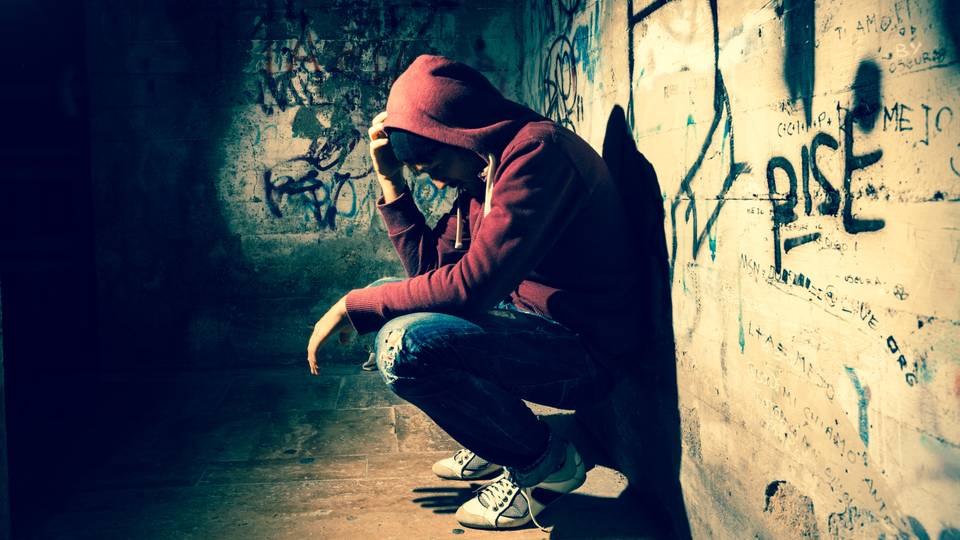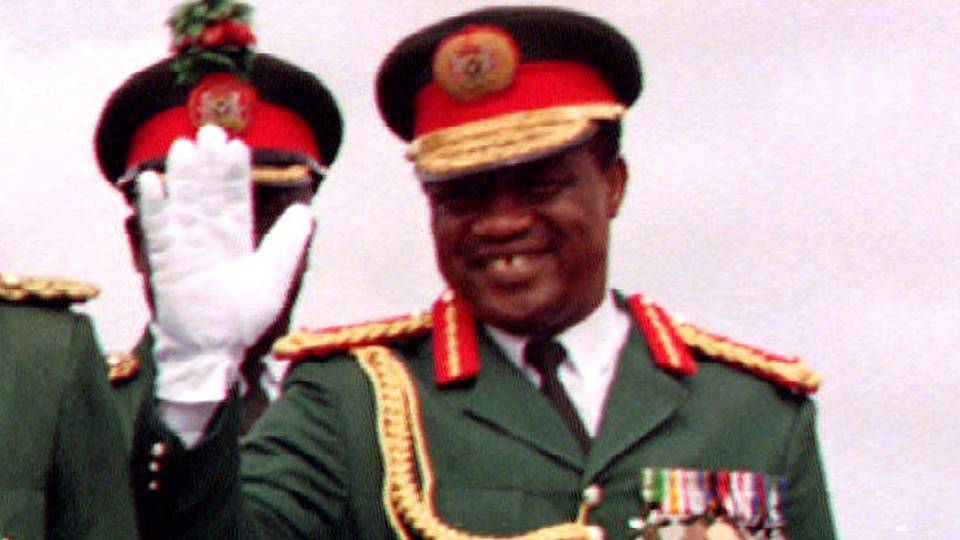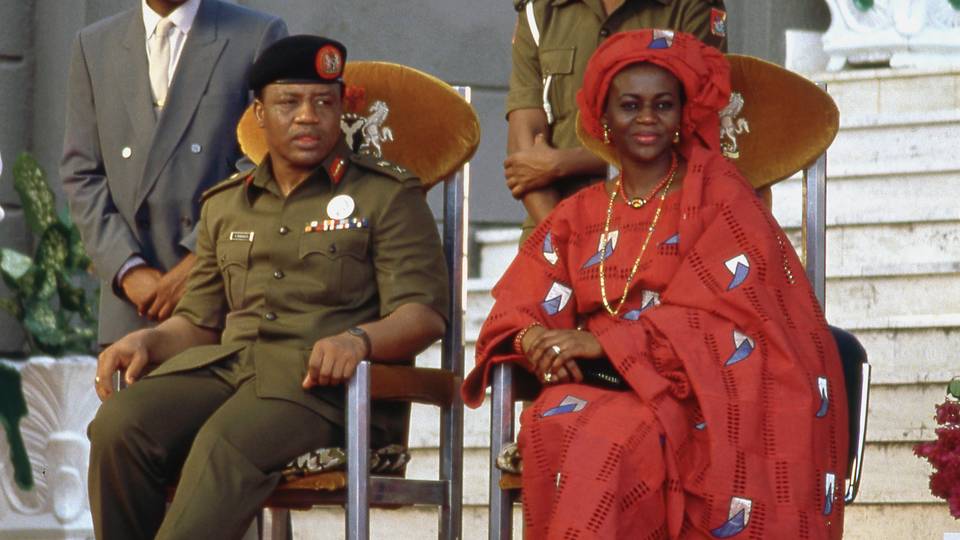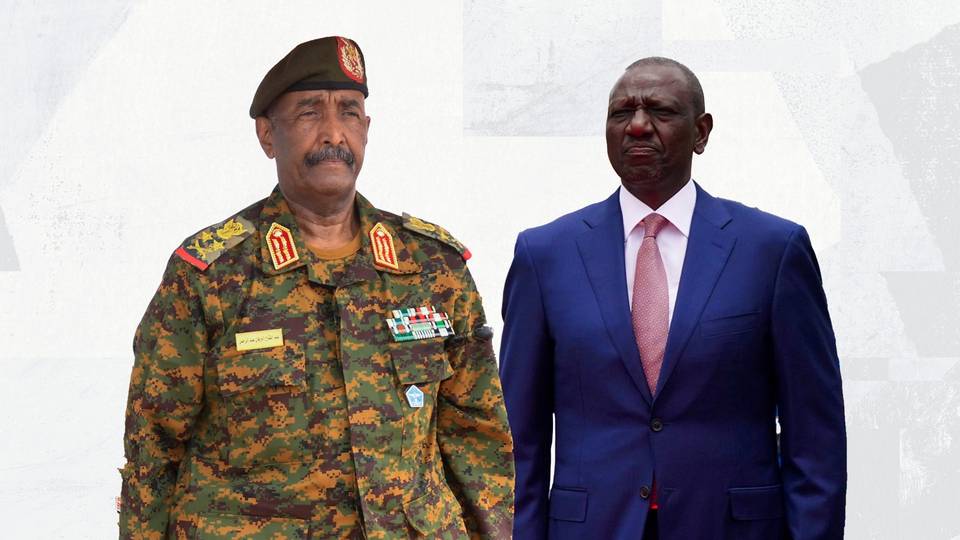Sport
Dollar
42,7502
0.03 %Euro
50,3327
0.22 %Gram Gold
5.955,7100
-0.12 %Quarter Gold
9.825,0500
0 %Silver
91,2800
-0.04 %This Cameroonian teacher who tried to take his own life in his weakest moment is today at the forefront of the campaign to prevent suicide, which has assumed alarming proportions in Africa.

By Firmain Eric Mbadinga
Alain Bila's life took a drastic turn in 2014 — he lost his job and, to make matters worse, his partner abandoned him.
Unable to cope with the twin blows, the young Cameroonian attempted to take his life.
But destiny had other plans. Alain's loved ones intervened at just the right moment, saving his life and lifting him from the depths of despair to which he had sunk.
A friend of his wasn't as lucky. Five years after Alain returned from the brink, the friend died by suicide over his wife's desertion.
The shock of losing someone close to him in circumstances he was familiar with prompted Alain to become a lifelong campaigner against suicide.
Between his career, family obligations and daily activities, this teacher from Bertoua in eastern Cameroon finds the time to fulfil his commitment to fighting against what the World Health Organisation (WHO) has flagged as a public health priority on the continent.
WHO reports that in Africa, 11 out of every 100,000 people die by suicide. An estimated 726,000 people worldwide take their lives for various reasons each year.
"I once faced professional disappointment. And if that wasn't bad enough, my partner at the time abandoned me. That's what made me want to end my life," Alain tells TRT Afrika of the lowest point in his life.
The realisation that his death would have brought unhappiness to his loved ones motivated Alain to turn his life around.
Even more transformative was his ability to talk openly about a subject that is still taboo in some communities.
Help is at hand
Alain's initiative, the Cameroon Association for Suicide Prevention and Control, works nationwide, including the capital Yaoundé, Douala, Kribi, Garoua and Maroua.
The association has set up a network run by its members, whose numbers have been growing steadily since the official launch.
Most of them have attempted suicide during a low phase of their lives or have lost loved ones to it.
To combat the phenomenon practically and effectively, Alain's organisation focuses on raising awareness through personal interactions, mass campaigns, and social media.
The campaigns are based on traditional techniques such as door-to-door canvassing and appearances on TV and radio stations.
The association also explores other options to dissuade or discourage suicide, classified as a mental health problem by specialists.
According to WHO, suicide is influenced by social, cultural, biological, psychological, and environmental factors.
Economic setbacks are also a significant trigger.
In addition to the loss of a job or disappointment in a relationship, such as what Alain experienced a decade ago, stress or health problems can lead some people to consider suicide as an escape.
According to the Centre for Addiction and Mental Health, the loss or death of a loved one, abandonment by loved ones, or exposure to certain weapons are common factors that cause a person to contemplate suicide.
Trapped in stigma
"As soon as we started deploying in the field, we realised that there was a kind of leaden blanket over the issue of suicide.
So, our message was, 'The solution to suicide is to talk about it'," Alain tells TRT Afrika.
"And since we have been doing this, we can say that more and more people are contacting us in times of emotional distress to get help."
The communication strategy works at multiple levels, including destigmatisation of the topic of suicide, followed by psychological or emotional support based on individual cases.
One story that galvanises the Cameroonian association is of a young man who didn't know how to repay his mother after losing the money she gave him in sports betting.
When he was on the verge of suicide, the association's members made him realise that explaining his mistake to his mother and seeking her forgiveness was a less fatalistic approach.
This led him to acknowledge that his mother would be even sadder to lose him, compared to the anger she would feel on discovering that he had lost a large sum of money that could be replaced, unlike his life.
"Fortunately for everyone, he came across us through social media in this dark moment of his life. He had the courage to contact us, and thank God, our assistance bore fruit. He renounced suicide, and today he holds a doctorate, is married, and has a family," says Alain.
National collaboration
As in previous years, the association's 2024 Agenda was to lobby with the authorities and other partners to put in place a national strategy to combat and prevent suicide.
Throughout the year, the association visited high schools, universities, and other accessible public spaces to encourage openness and dialogue to overcome the triggers of desperation that lead people to think of ending their lives.
Every September 10, Alain and other members organise activities to mark World Suicide Prevention Day.
On the third Sunday of November, the association also takes to the field to commemorate World Suicide Bereavement Day.
The International Association for Suicide Prevention is one of the partners supporting Alain and his colleagues.
At the national level, the association counts on the support of the ministries of health and education, both of which provide technical assistance and facilitate public participation.
➤Click here to follow our WhatsApp channel for more stories.
Comments
No comments Yet




















Comment